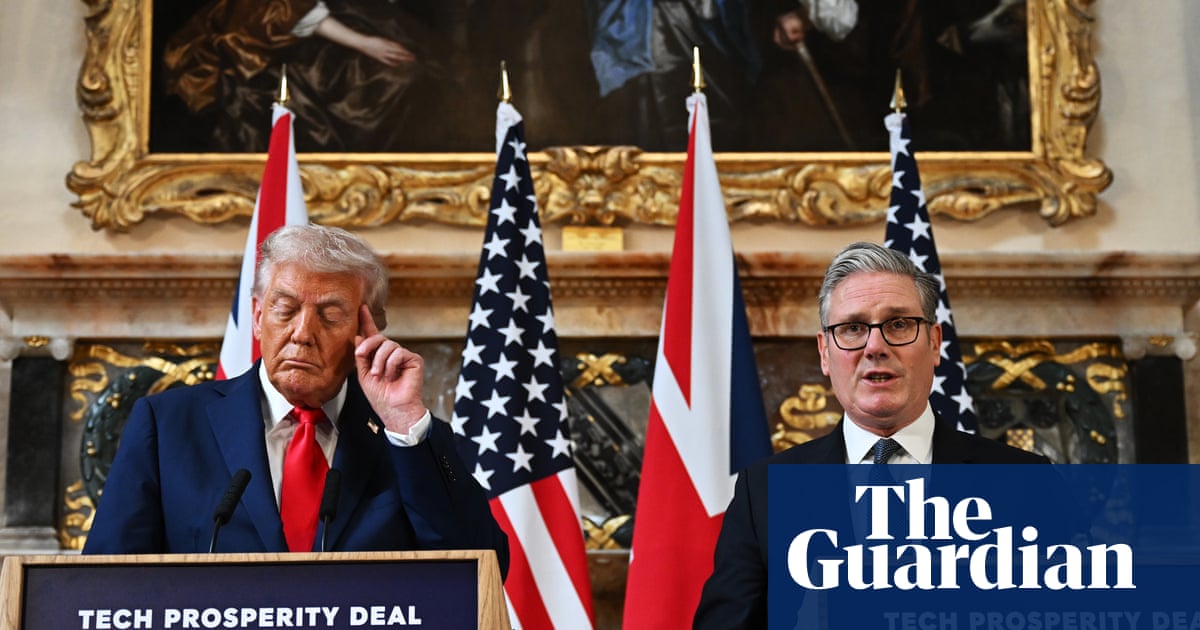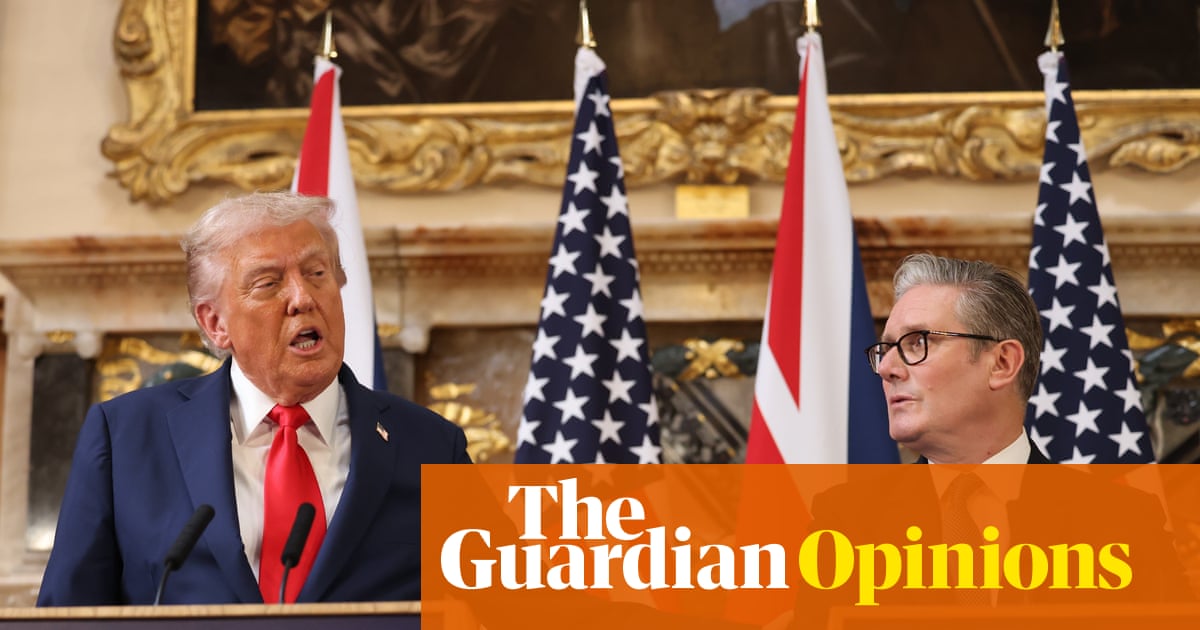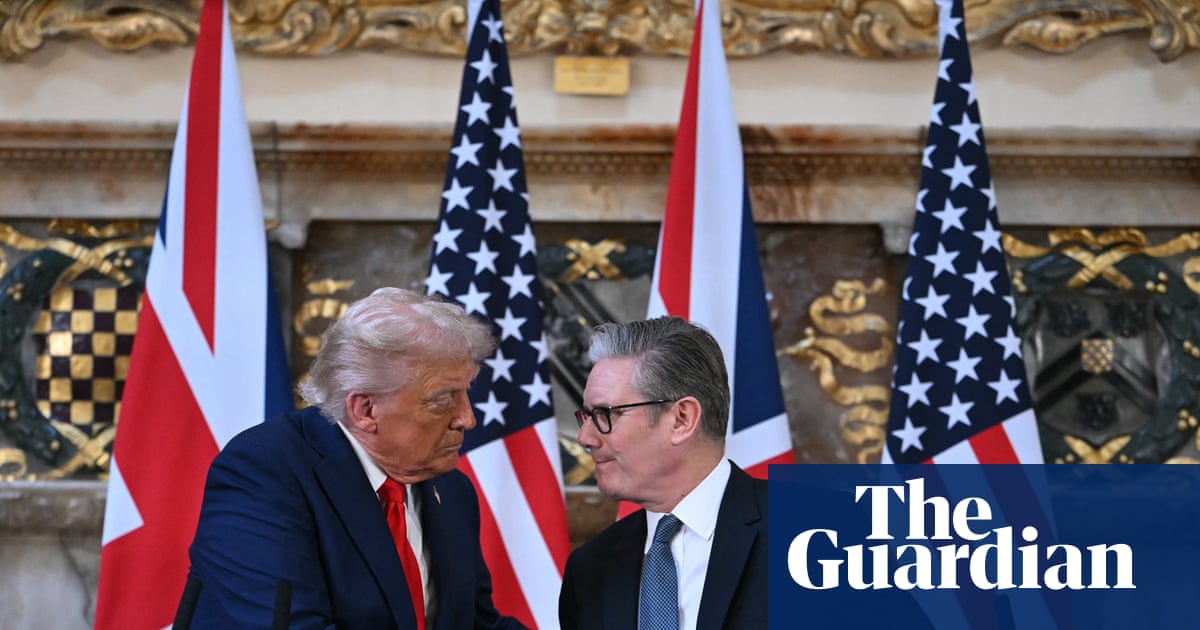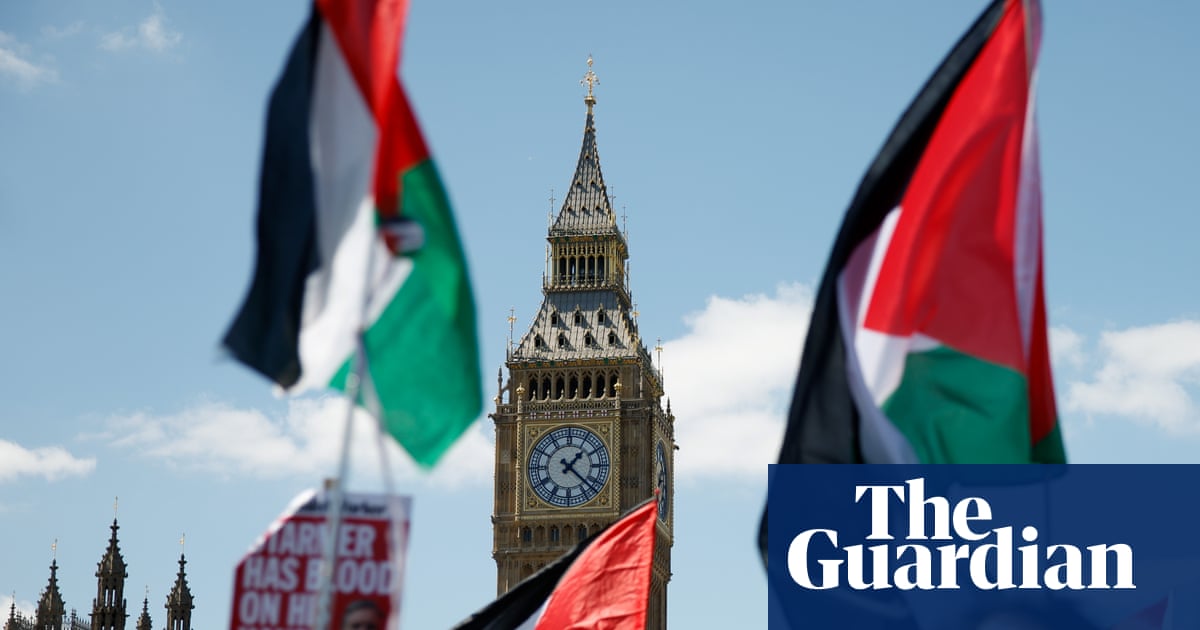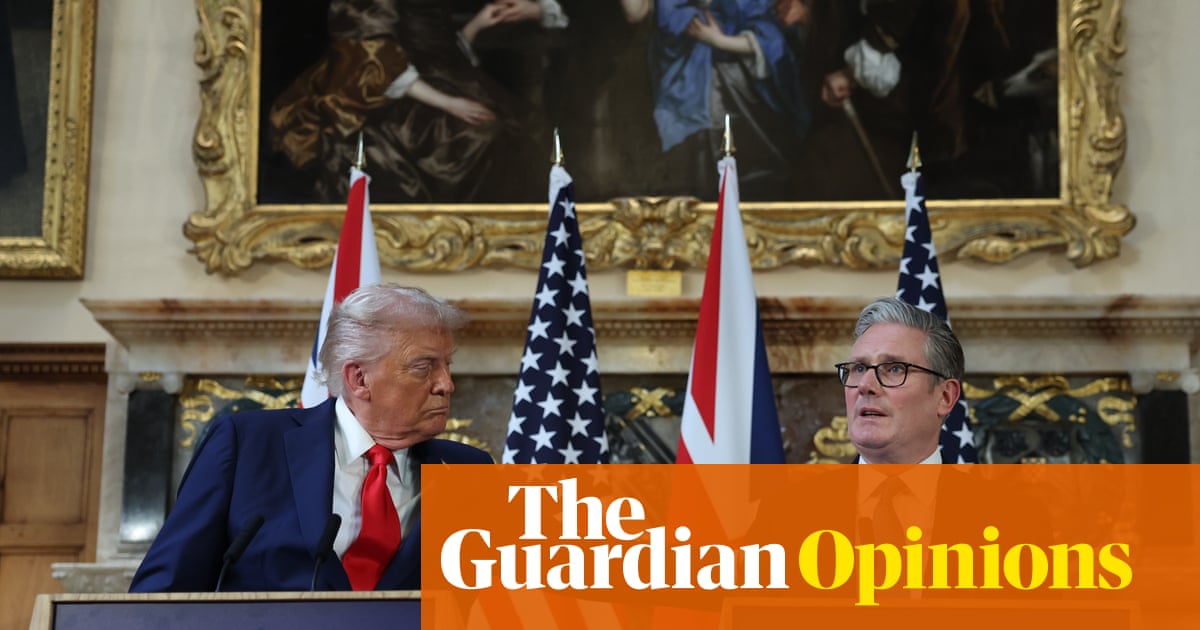Barely anyone outside the gambling world and the sports marketing industry had heard of TGP Europe (The Gaming Platform) before the Great Britain Gambling Commission announced last month that the Isle of Man-based company, which was threatened with a £3.3m fine for multiple violations of anti-money laundering regulations, had chosen to surrender all of its licences and exit the British market.
Yet the aftershock of this apparently inconsequential event was immediately felt throughout the football world, and nowhere more so than within the Premier League.
For more than a decade, TGP Europe had been the discreet conduit through which tens of millions of pounds of sponsorship enriched almost all Premier League clubs, with very few or no questions asked; money which came directly from some of the most controversial online sports betting operators, opaque brands which target almost exclusively the illegal Asian market, and mainland China in particular.
In 2024-25, no fewer than 13 Premier League clubs had commercial partnerships in place with clients of TGP, 11 of which operated almost exclusively in jurisdictions where betting on private online platforms is illegal and even criminalised.
This was made possible through the exploitation of a loophole in the UK gambling regulations. TGP Europe, as a so-called white label provider (provision of services under one company), took care of everything. As it was licensed in the UK, it could register .co.uk domain names for its customers. This is how Kaiyun, for example, was able to display its name on the fronts of Nottingham Forest’s shirts and the sleeves of Crystal Palace’s jerseys despite it not having any working British operation. Its .co.uk website remained “under construction” until it disappeared for good last month.
It didn’t matter; what mattered was that the Chinese and Asian customers of Kaiyun saw its brand name publicly displayed on the fields of the world’s most popular football club competition. This brought them exposure in their primary market, where gambling advertising is prohibited, and a degree of legitimacy as they could claim – incorrectly – that they were “licensed” through TGP Europe by the Great Britain Gambling Commission (GBGC).
TGP is not the only British-registered company to have used this loophole, but what made them stand out is that they had been set up by one of Macau’s biggest junkets (casino groups), SunCity, which was owned and run by gambling tycoon Alvin Chau until a Macau court found him guilty of running a criminal organisation and sentenced him to 18 years in prison in January 2023. The links between TGP and Chau’s SunCity were first publicised when sports betting firm SBTech announced a strategic partnership with the Isle of Man-based company in 2014.
Yet TGP and its clients were allowed to prosper on the back of their lucrative relationships with Premier League clubs, despite a growing number of media reports highlighting the problematic nature of their business.
At least two Asian-facing betting partners of English clubs – BK8, formerly associated with Aston Villa and Burnley, and 8XBet, partners of Manchester City, Chelsea, Bournemouth, Leicester and Ipswich – have been accused of running their operations from compounds in Cambodia and Myanmar, countries where the United Nations Office on Drugs and Crime estimates that at least 200,000 people have been trafficked and enslaved to service the gambling and scamming industries, all of which are intimately connected. BK8 and 8XBet, whose ultimate beneficial owners are unknown, have never responded to these allegations.

Yet TGP was allowed to carry on – until now. A first fine of £316,250 for non-compliance with anti-money laundering regulations was imposed by the GBGC in February 2023. This time, further investigation into the company’s affairs, which claims to operate from a minuscule and apparently abandoned office, “revealed failures to carry out effective due diligence on each entity involved in the ownership of the third party, carry out due diligence on the source of funds for business arrangement, sufficiently consider money laundering risks, [and] sufficiently consider any activity by a third party that is illegal, in either GB or the territory in which it is conducted”.
TGP Europe has not responded to a request for comment.
The clubs have not broken any regulations but the GBGC sent a letter to some – but not all – of the Premier League clubs who, during the 2024-25 season, had unlicensed partners. This was courtesy of TGP warning “of the risks of promoting unlicensed gambling websites” and “that club officers may be liable to prosecution and, if convicted, face a fine, imprisonment or both if they promote unlicensed gambling businesses that transact with consumers in Great Britain”.
after newsletter promotion
The clubs were Bournemouth (sponsored by BJ88), Fulham FC (SBOTOP), Newcastle (Sportsbet.io and FUN88), Wolves (DEBET) and promoted Burnley (96.com). Leicester (partner of BC.GAME among others) and Everton (Stake) had already been warned. Aston Villa, who have partnered with Nova88, were not contacted, as the bookmaker in question does not have a UK incarnation.
While campaigners and regulators will hail a victory over illegal gambling, Premier League clubs will be wondering how to make up for the financial shortfall TGP’s disappearance from the British market will cause. It is unlikely that another white label company will step into the breach, especially since the Premier League ban on front-of-shirt betting sponsorship is only one season away.
It is not just that sports betting brands, especially Asian-facing ones, pay a premium of 20-40% above the usual rate for their partnerships, the fear within football is that an entire income stream which cannot be replaced may have gone.
This is not necessarily the case, however. Spain imposed a far stricter ban on sports betting advertising at the start of the 2021-22 season. Asian-facing betting operators disappeared from the stadiums of La Liga but they didn’t leave Spanish football altogether, as the Spanish regulators only concerned themselves with Spanish gamblers. So while people in Spain can’t see the advertising, Real Madrid, for example, is taking Kaiyun’s money with a partnership outside the country.
“We will be carrying out checks without further notice to ensure these sites remain blocked,” the GBGC said in its statement on TGP. “We will also conduct ongoing spot checks as necessary to ensure they are not accessible to consumers in Great Britain by any means. Should any of these sites be available to GB consumers, we will take appropriate action.”
This, however, only addresses the visible part of the problem. It fails to deal with the global dimension of football’s toxic relationship with illegal betting operators.

 3 months ago
66
3 months ago
66














